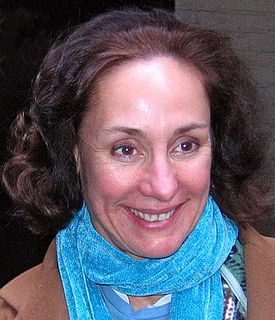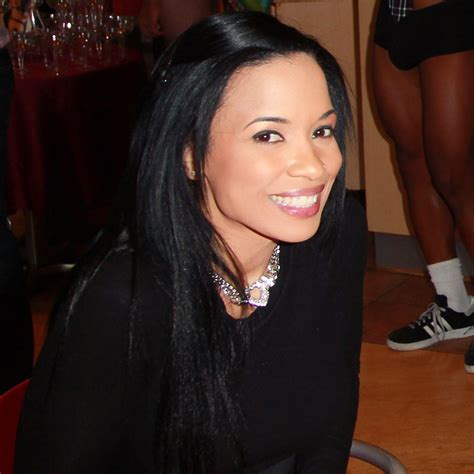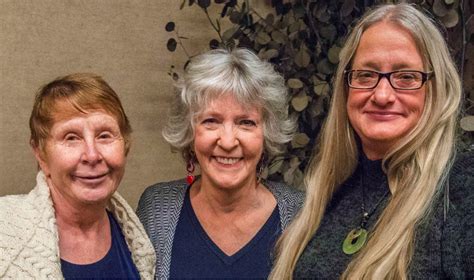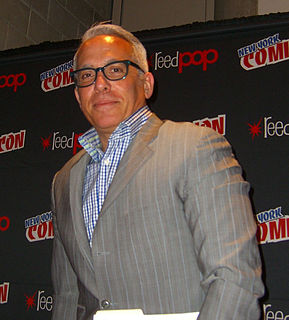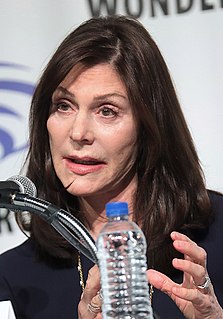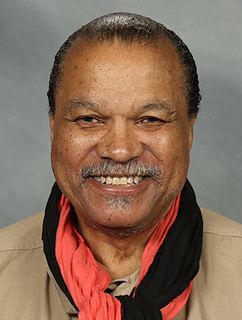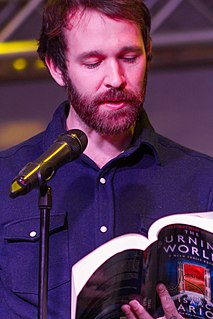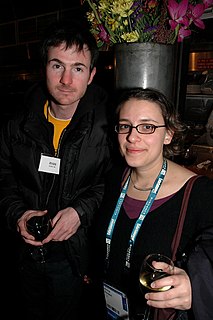A Quote by Laurie Metcalf
I tend to root for characters who have a lot of negative qualities, but what's driving them forward is their passion. They're on a mission, and maybe their approach is misguided, but you can't fault them for giving 150%.
Related Quotes
I don't even look at resumes anymore. I think they're misguided. I talk to them, ask them where they've been, "What's your favorite experience in a restaurant?" Where do they like to eat? Blah blah blah. All that stuff, but I can only really describe my journey with another person if I can connect with them and their passion. Otherwise, I don't care where they've worked. It doesn't matter to me. Really I have to feel it, and then I can teach them anything.
Every mistake that you make, or every thing that you might regret, you don't need to necessarily regret it, because it can be a step forward. You just move forward and let them go because there will be a lot of bad auditions, and there will be a lot of negative responses. But that won't last forever.
The nature of acting is that one is many characters and jumps from one skin to another as a way of life. Sometimes it's hard to know exactly what all of your characters think at the same time. Sometimes one of my characters overrules one of my other characters. I'm trying to get them all to harmonize. It's a hell of a job. It's like driving a coach.
When I write fiction, I have the illusion of being able to control these fictional worlds and these characters, and to make them say what I want them to say. Of course, the problem is that it is an illusion, and by the end of it you realize that you're not in control of it at all; the characters have taken over, and they're driving the vehicle.
